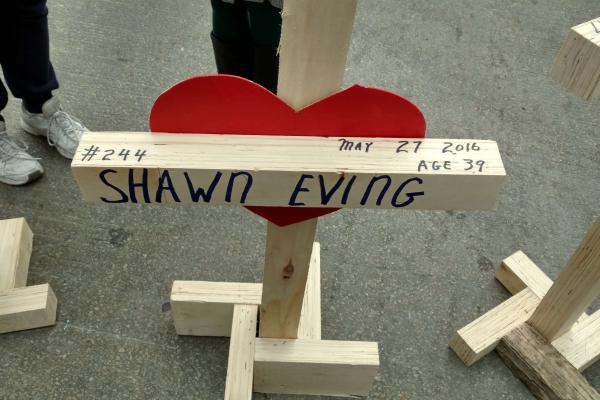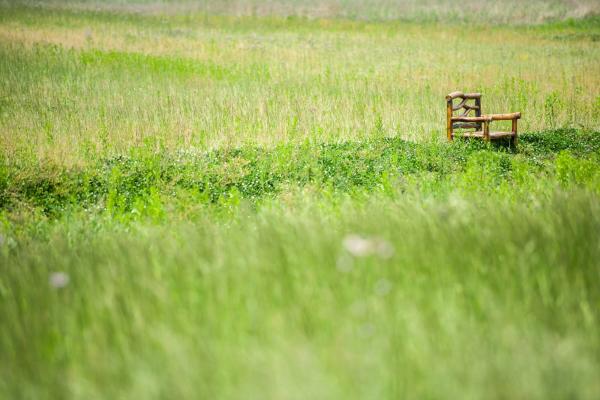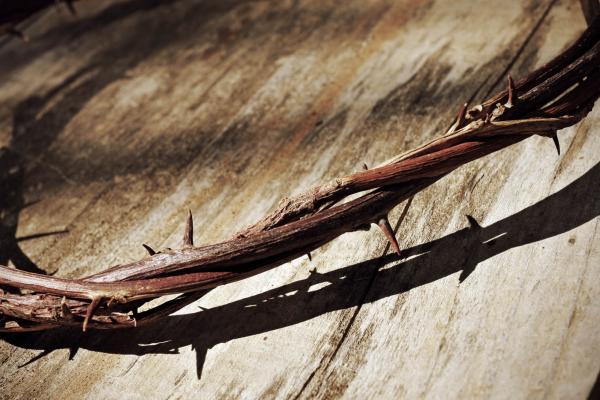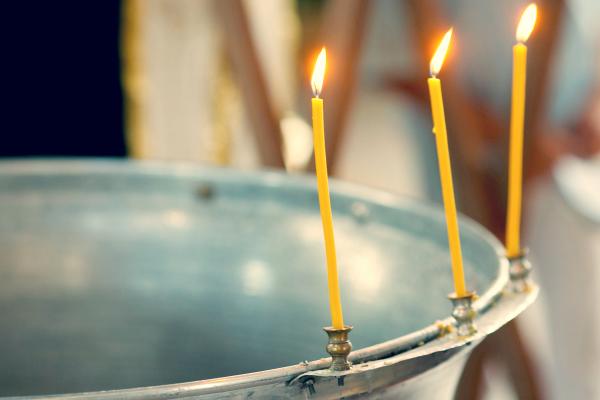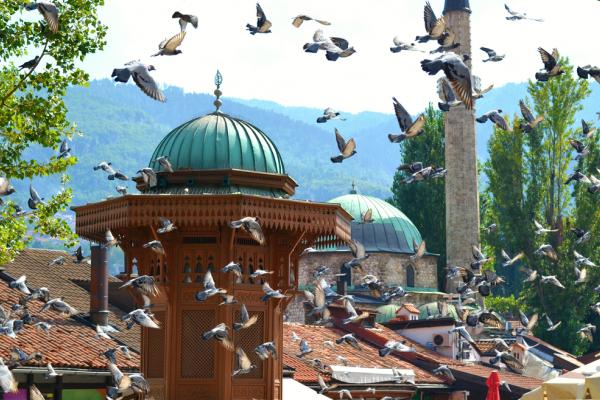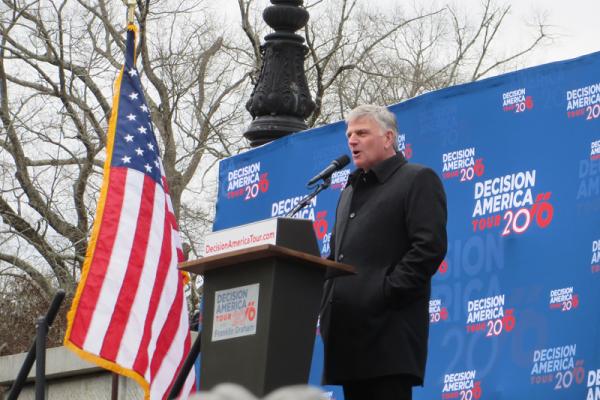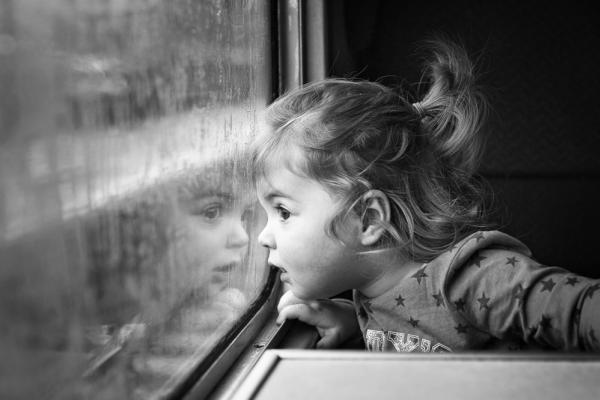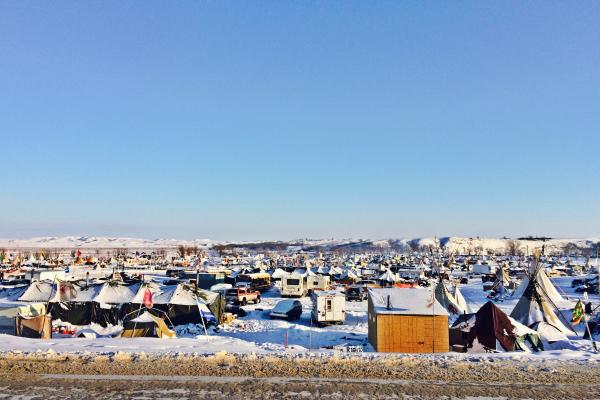It was a year of social service program shutdowns driven by the governor’s office in Springfield. The Rev. Dr. Martin Luther King’s description of a triplet of giant evils, each insoluble in isolation from the others, helps us identify an answer to the Tribune’s question. King spoke of the giant triplets of racism, extreme materialism, and militarism. Training for, and the diversion of money to, wars overseas was a crisis inextricable from the race crisis at home, as were policies promoting radical wealth inequality. Rep. Danny Davis of Chicago, whose grandson was killed by gun violence in 2016, insists that “poverty was fueling the city’s bloodshed, and that Chicago needed to make investments ‘to revamp whole communities.’
We live in an oppressive age where there are few potential breaks from the enormous demands of surviving in our rapid-paced global economy. As the demand for more products delivered at a quicker, more insatiable pace becomes normalized, workers are more susceptible to oppression, animals are more easily abused, the land is mistreated, and leisure time rarely goes towards self-nourishment or reflection. All these factors lend themselves to an unhealthy workforce and, looking more broadly, a sick society. This is where the Sabbath comes in. The Sabbath acts as the great adjuster of temporal and intangible time.
At an evacuation hosted by the United Church of Christ in the Philippines, I met the “suffering but struggling Jesus” when I spoke with Bai Bibyaon, the only female chieftan of the Lumad. Bai is over 90 years old, and, like Christ fleeing angry crowds and the surveillance of the Roman Empire, Bai has fled her ancestral land from the violence of the Armed Forces of the Philippines, all to be in sanctuary with her people, the Manobo. She told me, “Our ancestral land, on the Pantaron Mountain, is the only remaining virgin forest in Mindanao. All we want is peace, and to be in our ancestral lands without the Armed Forces of the Philippines or mining companies destroying our land."
These are turbulent times. 2016 was a turbulent year. But the waters of baptism invite us to hope. We hold our breath, the water splashing against our skin. We hold our breath, anticipating what is to come. We hold our breath, we remember our baptism, and we have hope.
So much is at stake here at the dawn of the year 2017. The fate of the planet is in the balance as never before, as is the very integrity of our faith. We cannot waste our time hoping on a faraway unimaginable heaven where there is no war and baby Jesus sleeps safely in his manger.
What we desperately need is the disarmament that Christians and other seekers of peace throughout the world — from Dorothy Day to Dr. Martin Luther King, Jr. — have prayed and struggled for.
“You want it to be meaningful not only to your president-elect, but you want it to be meaningful also to the nation,” Graham said.
“I’m taking time just to pray and ask God to give me wisdom and guidance because it’s a responsibility that I take very seriously.”
This is the third inauguration Graham will have attended, he noted. The first was to assist his father Billy Graham at the second inaugural of President Bill Clinton in 1997; the second, to offer the invocation at the first inaugural of President George W. Bush in 2001.
I saw ailing patients. I saw the neighborhoods surrounding Hartford Hospital, which belie the city’s reputation as the home of pin-striped actuaries bored with their BMWs. Connecticut’s capital is, in fact, one of the nation’s poorest communities, its many marginalized Hispanic and African American neighborhoods barely seen by the BMW drivers. The cerebral palsy victims trapped in their bodies; MS patients; old women fumbling for change on the bus while hooked up to portable oxygen; old men wheezing with emphysema. So many people we barely see — and I was one of them.
I took solace in knowing that Jesus makes a bee-line for my new world.
1. David Fahrenthold Tells the Behind-the-Scenes Story of His Year Covering Trump
The winner of the Post’s first Ben Bradlee Prize for his coverage of the 2016 election pens an essay on his experience covering Trump. “I thought I’d be through with the story in a day or two. I was wrong. I didn’t understand—and I don’t think Trump understood, either—where that one check, and that one question, would lead.”
2. 2016: The Best Year for Black Musicians Since ‘Purple Rain’
If you noticed that a staggering amount of the music you loved from the past 12 months was made by black artists, there's data to back that up.
3. The Internet Law That Explains Why 2016 Was So Terrible
Spend most of 2016 feeling crazy? That’s thanks to Poe’s law, which “stipulates that online, sincere expressions of extremism are often indistinguishable from satirical expressions of extremism.”
I want to err on the side of love and inclusion over doctrinal borders. I want to stand with the marginalized against the status quo. I want to be an ally because gay rights are human rights.
I join with those who celebrate the birth of this spirit-child, even while knowing his life led to murder at the hands of a corrupt Roman regime that for years had been using power and wealth to silence and oppress people. It is said that after his murder, this same person rose from the dead, his body and bloodshed becoming a bridge from violence and trauma to wholeness and healing — showing that hope could conquer hate, and that the power of integrity, justice, and love could win over corruption, fear, and violence.
